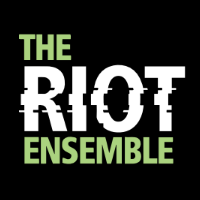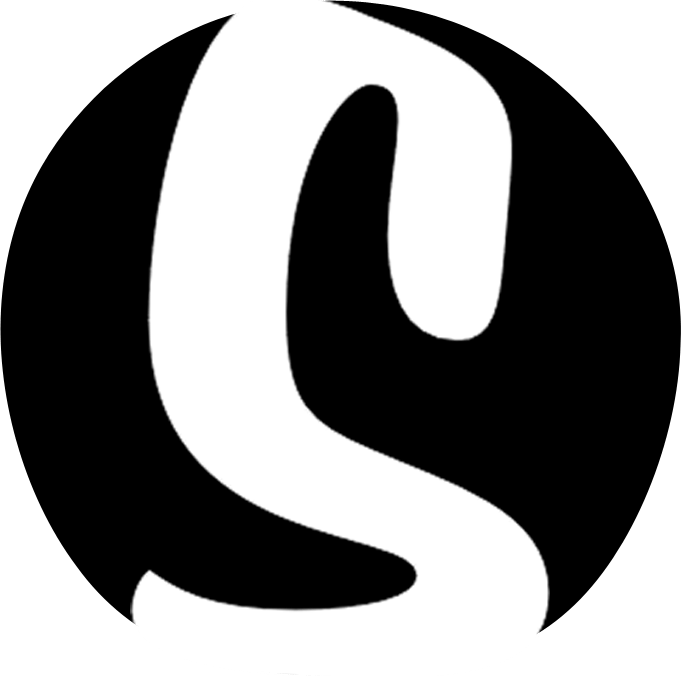More Hands: Jonathan Clark
We’ve got a concert coming up this month at the Friend’s Meetinghouse (in Brighton) where we’ll be recapping some of our favourite pieces of the 2013 season and also playing some pieces by composers from the New Music Brighton collective. We’re gearing up for the concert by asking the NMB Composers the same series of questions, so you can get a feel for who they are and what they do. The second in our series: Jonathan Clark.
Thanks for being with us Jonathan. First up, are you a Brighton composer or a composer that lives in Brighton?
I am Sussex born and bred. I neither live in Brighton nor was born there.
Could you give us a little insight into how you compose? (Do you have a set time you work at? Do you write at the piano? Etc…)
I do not have a set time for composing. When working on a piece it tends to become an all consuming passion and I have little time for anything else. I have different stratagem for different aspects of a piece. The overall architecture of a piece is often worked out while walking, driving or doing the house work, sometimes if I’m concentrating on key relationships I improvise at the piano. For some passages I devise mathematical algorithms. For more detailed work I use the piano or sometimes just compose at the computer. I most often get ideas away from the piano but use the piano to decide if they are any good or to hone them.
When you compose, who do you think of most: the performers, the audience or other composers?
For the most part I think in abstract terms about the music. If I give anyone a thought it is the performers. I have recently reworked part of my 4th String Quartet purely in order to make it easier for the performers. What is interesting is that, although to begin with, I have great reluctance to part from the original, I often grow to prefer the new, easier version.
What is your favourite piece of your own work and why?
Immediately after finishing a piece I often think it the best thing that I’ve ever written. Shortly after this my belief in the piece plummets. It is only after a year or two that I am able to make a more objective judgement. At present I consider my Flute Concerto one of my best pieces. Why is hard to say. It is a surprisingly traditional piece for me. Perhaps for that reason it is easier for me to judge it. I am particularly proud of the long unbroken flute line above a simple string pizzicato in the slow movement.
Do you consider blogs (such as this one) a useful way of interacting with your audience?
I don’t know. Ask my audience.
Have you ever had an experience similar to Witold Lutoslawski’s: When he heard John Cage’s Second Piano Concerto on the radio, the encounter changed his musical thinking and ushered in a new creative period (the first result of which was his Jeux Vénitiens)?
Not to that extent. Two pieces that did have quite a deep effect on me at the time of them coming out were John Taverner’s The Protecting Veil and Harrison Birtwistle’s Earth Dances. However, you will have to look quite hard at some of my pieces to find any influences from these works.
Describe Riot Ensemble’s Artistic Board Member (and NMB composer and performer) Adam Swayne in three words.
Generous, Affable, Enthusiastic.
Have you ever participated in a Riot?
No
Thanks very much Jonathan! We’re looking forward to your music on the 31st!

